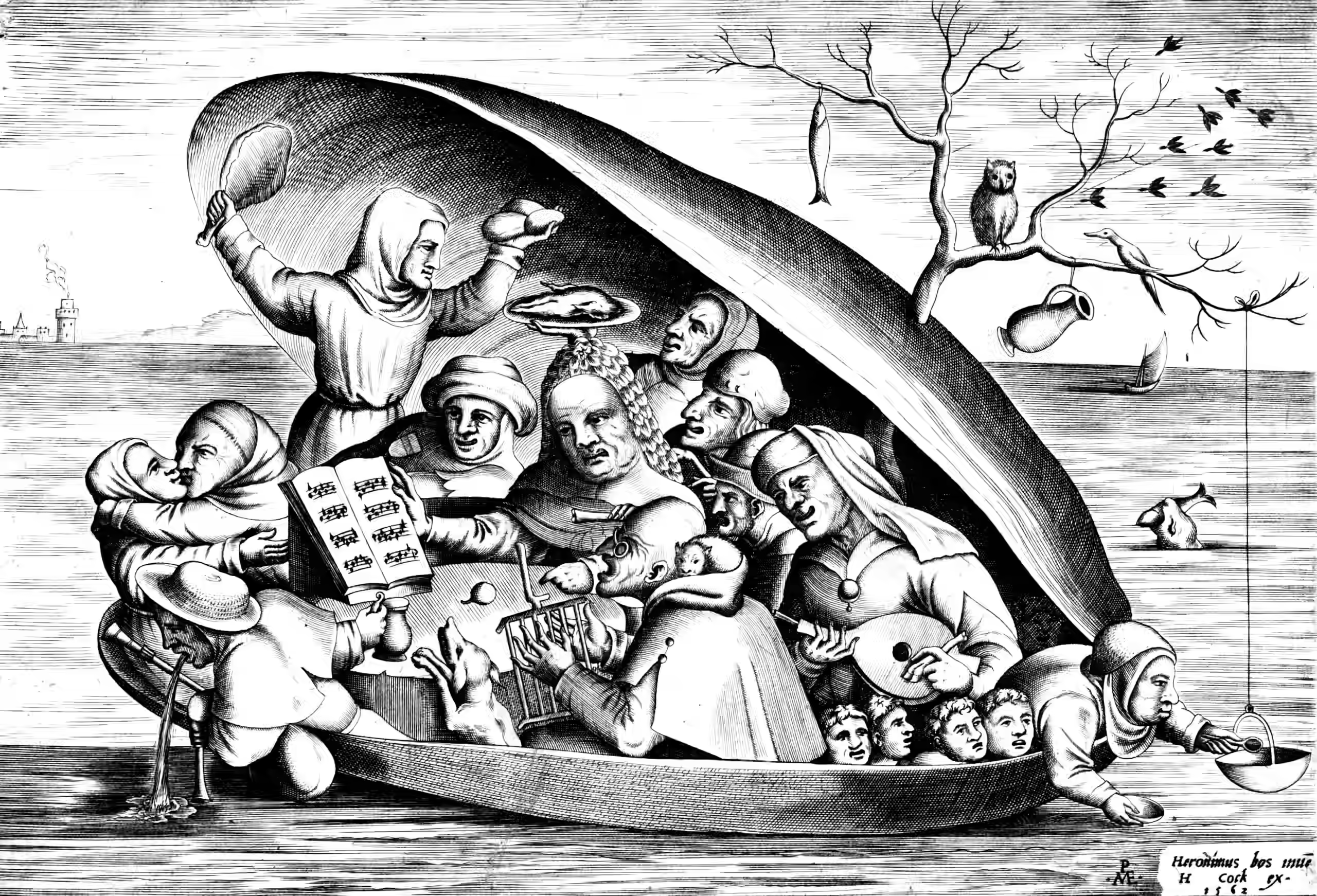Whom to live amongst
Designing housesholds, bash’es, families, villages
September 25, 2021 — October 2, 2023
The nuclear family as the main unit of domesticity. Very popular in the last couple of generations of westerners, and, it seems to me, anywhere the middle classes are rich enough.
I am not into it. Two-adult romantic partnership houses turn out to be bad for me, a corrosive type of comfort trap.
So: alternatives. What are they? In Australia, a common term for alternatives is co-living; I use that term here. Let us look at some co-living-related things.
1 Cohousing
Intentionally forming a household, whatever that mean, with people who are not your romantic partner. I am especially interested in cohousing in Australia.
2 Living apart together
Not living with your romantic partner.
This is part of how I keep a romantic relationship fresh and urgent and exciting. I just found out this lifestyle is called living apart together. I wonder if there are any useful tips from other people who do that?
- Couples living apart together and why it works
- Vicki Larson, 3 Myths About Living Apart Together Relationships That Need to End
My favourite example from history is Tove Jansson and Tuulikki Pietilä
It is an expensive lifestyle choice. In Australia there are many tax incentives to form a 2-adult economic unit.
3 Alloparenting
Parenting of kids when not being either of the 2 implicated genetic parents.
Todo: fun call out to Palmer’s Bash’es from Terra Ignota (Palmer 2018).
4 Incoming
A podcast about Everyday Utopia(Ghodsee 2023):
A dazzling tour through 2,000 years of audacious utopian thinking and experiments, exploring better ways to arrange our daily lives, plus a globetrotting jaunt to the communities already putting these seemingly fanciful visions into practice today.
In the 6th century BCE, the Greek philosopher Pythagoras—a man remembered today more for his theorem about right-angled triangles than for his progressive politics—founded a commune in a seaside village in what’s now southern Italy. The men and women there shared their property, lived as equals, and dedicated themselves to the study of mathematics and the mysteries of the universe. Ever since, humans have been dreaming up better ways to organize how we live together, share our property, raise our children, and determine who’s part of our families. Some of these experiments burned brightly for only a brief while—but others carry on today.
In Everyday Utopia, fascinatingly feminist thinker Kristen R. Ghodsee whisks you away on a tour through history and around the world to explore those places that have boldly dared to reimagine how we might live our daily lives: from the Danish cohousing communities that share chores and deepen neighborly bonds to matriarchal Colombian ecovillages where residents grow all their own food; and from Connecticut, where new laws make it easier for extra “alloparents” to help raise children not their own, to China, where planned microdistricts ensure everything a busy household might need is nearby.
Phil, Co-buying property with friends (Not Australian but good generic advice)
-
…is an unlikely assortment of writers, designers, musicians, clowns, entrepreneurs, artists, coders, and scientists slowly cultivating a flourishing neighborhood within a neighborhood in Bushwick, Brooklyn – one of NYC’s creative hubs.
Currently, our collective consists of 10 living rooms within a 5min walk of Morgan Ave L. Communes r cool, but we’re something else: a friend network that shares spaces, manages projects, and raises each other’s aspirations.
